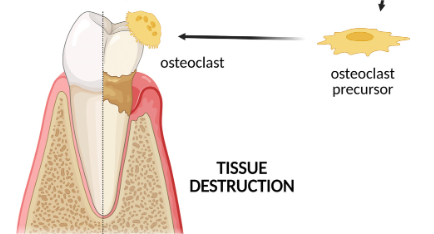The role of genome-wide DNA methylation and polymorphisms in periodontitis etiology: A narrative review
DOI:
https://doi.org/10.17305/bb.2025.12646Keywords:
DNA methylation, periodontitis, GWAS, genetic polymorphisms, epigenetic mechanismsAbstract
Periodontitis is a multifactorial inflammatory disease influenced by genetic, epigenetic, and environmental factors. Recent advancements in genomic and epigenomic research have highlighted the role of genetic polymorphisms and genome-wide DNA methylation in its pathogenesis. DNA methylation regulates gene expression, affecting immune responses and inflammatory pathways, while genetic polymorphisms may predispose individuals to altered host-microbial interactions and increased susceptibility to periodontal destruction. Recent studies have identified promising periodontal biomarkers, including specific genetic and epigenetic markers, that may aid in early diagnosis, risk assessment, and monitoring of disease progression. This narrative review synthesizes current evidence on the genetic and epigenetic mechanisms involved in the etiology of periodontitis, with a focus on genome-wide DNA methylation and genetic polymorphisms. It also explores their potential implications for disease pathogenesis, diagnostics, and therapeutic strategies. Future research directions include integrative multi-omics approaches to better understand the complex interplay between genetic, epigenetic, and environmental factors. Such efforts aim to support the development of personalized therapeutic strategies. Overall, this review underscores the critical role of genetic and epigenetic mechanisms in the pathogenesis of periodontitis and emphasizes the need to translate these findings into clinical practice through molecular diagnostics and personalized treatment approaches.
Citations
Downloads

Downloads
Published
License
Copyright (c) 2025 Elena Jovanova, Angela Angjelova, Alessandro Polizzi, Gaetano Isola

This work is licensed under a Creative Commons Attribution 4.0 International License.









